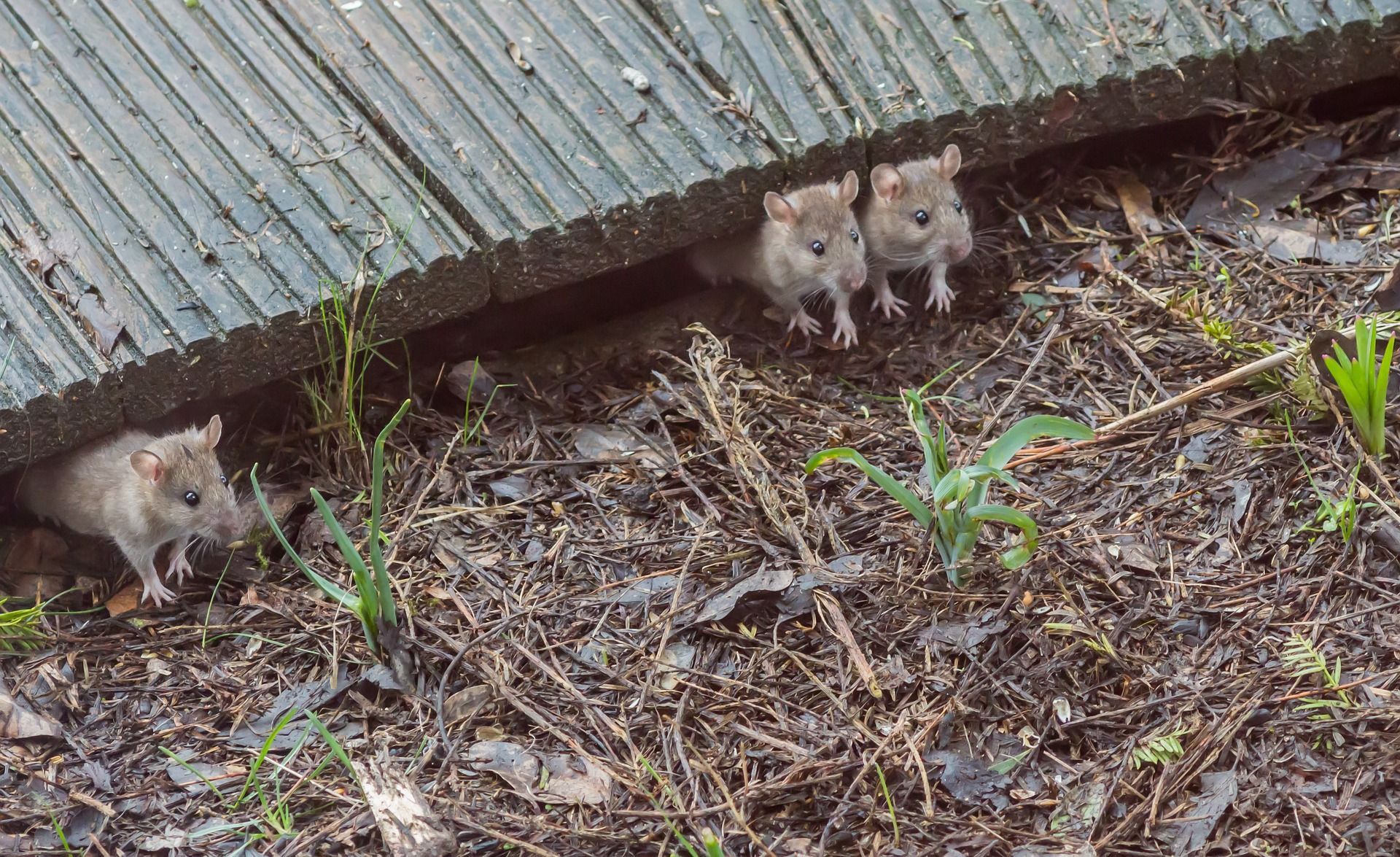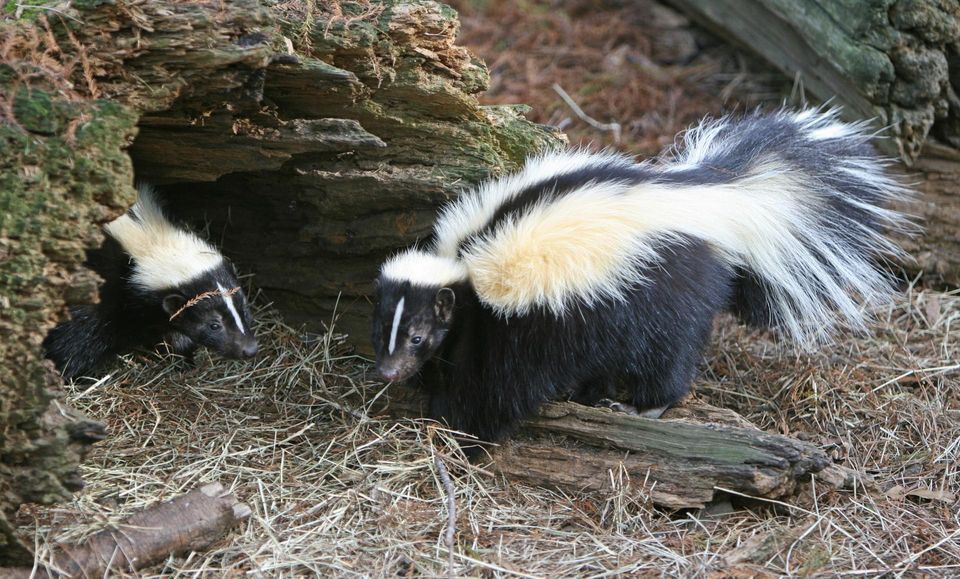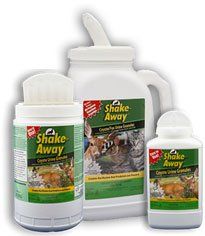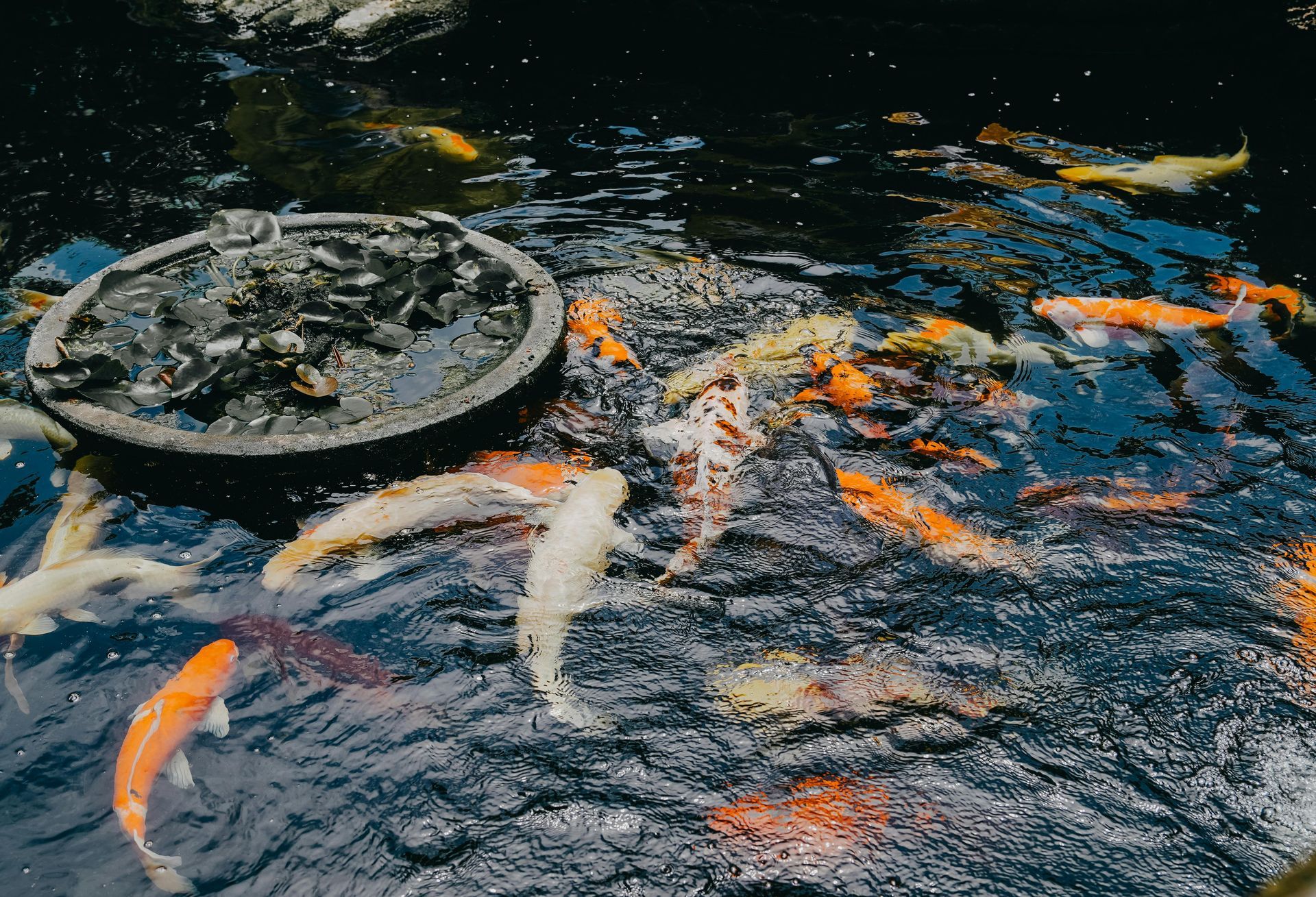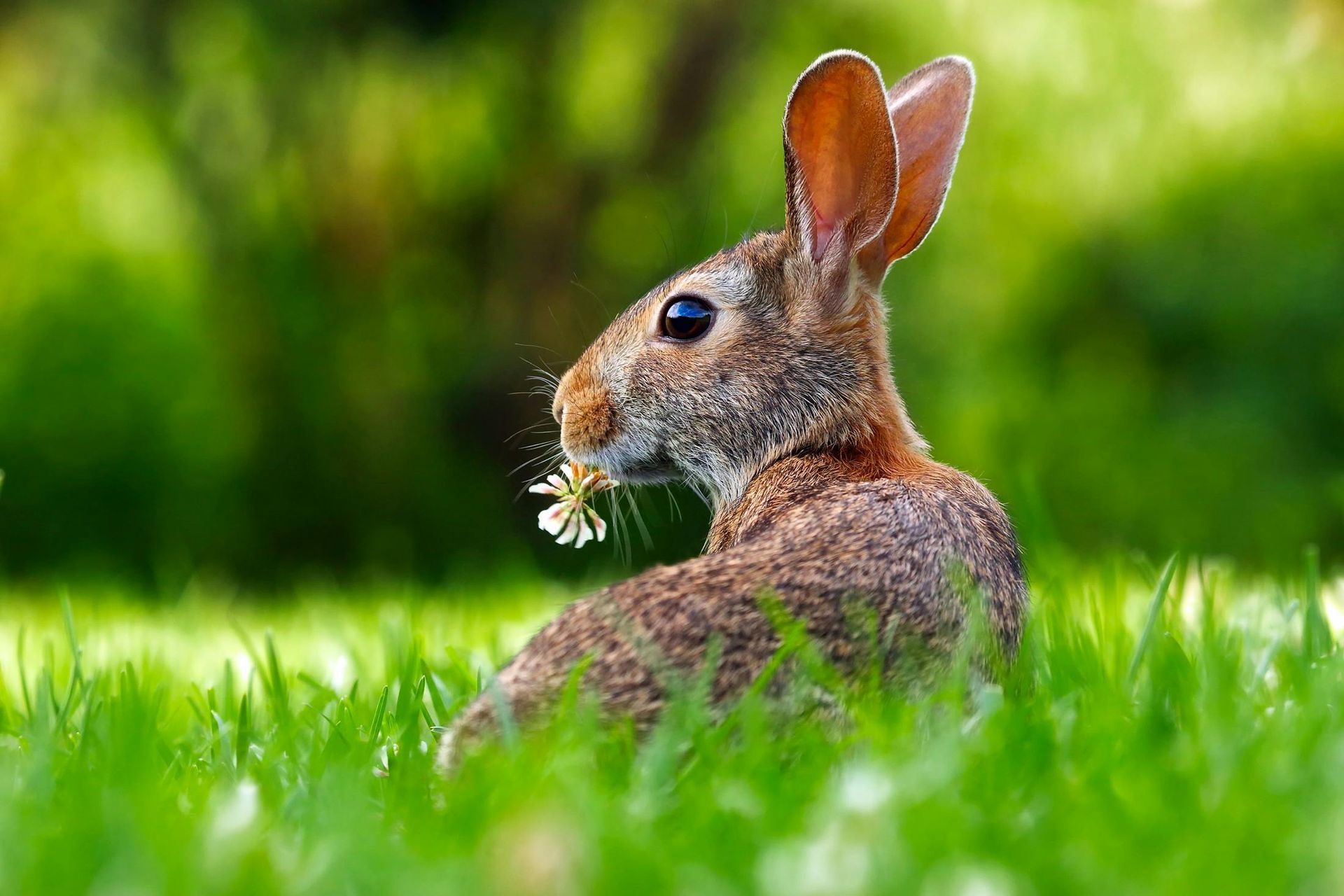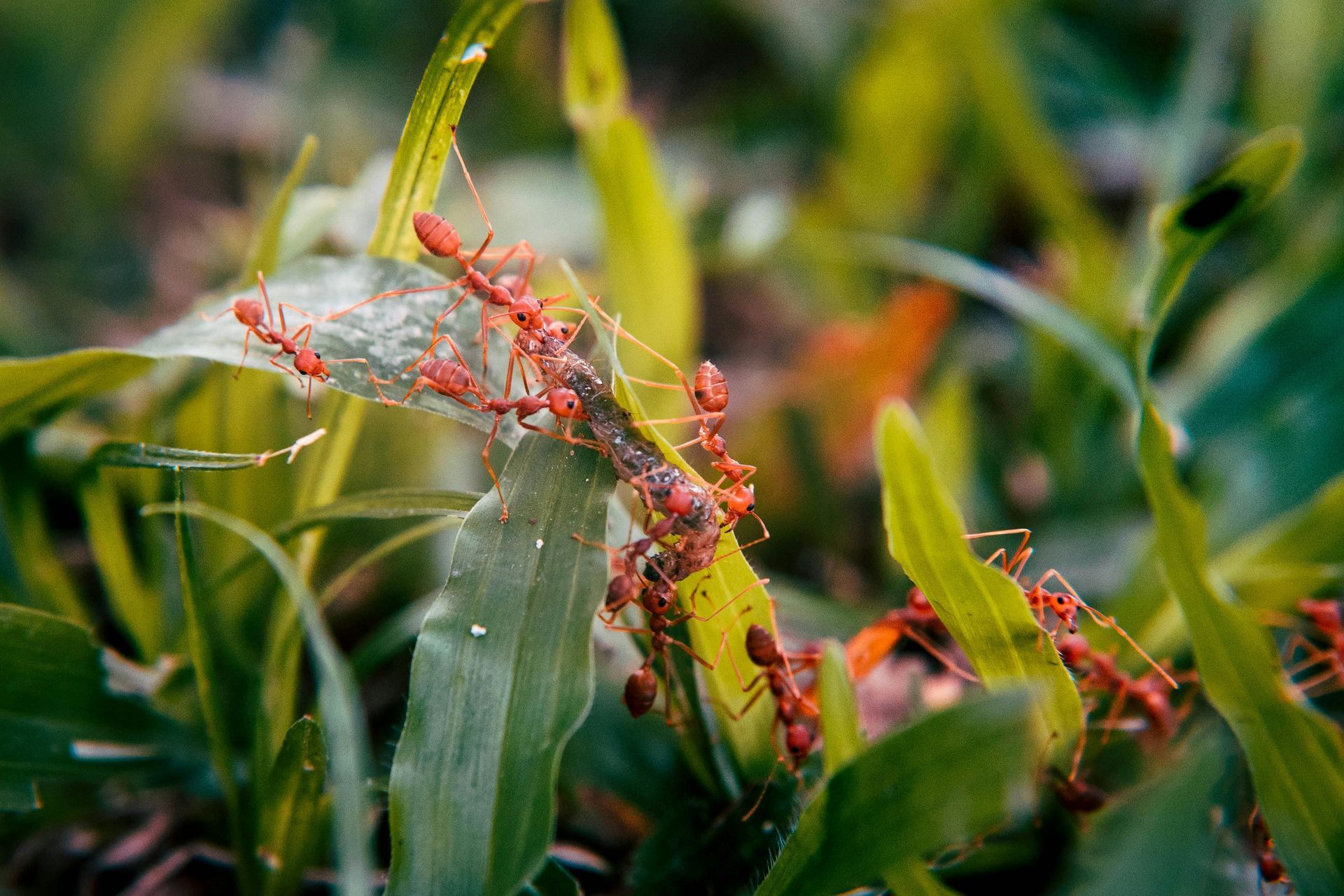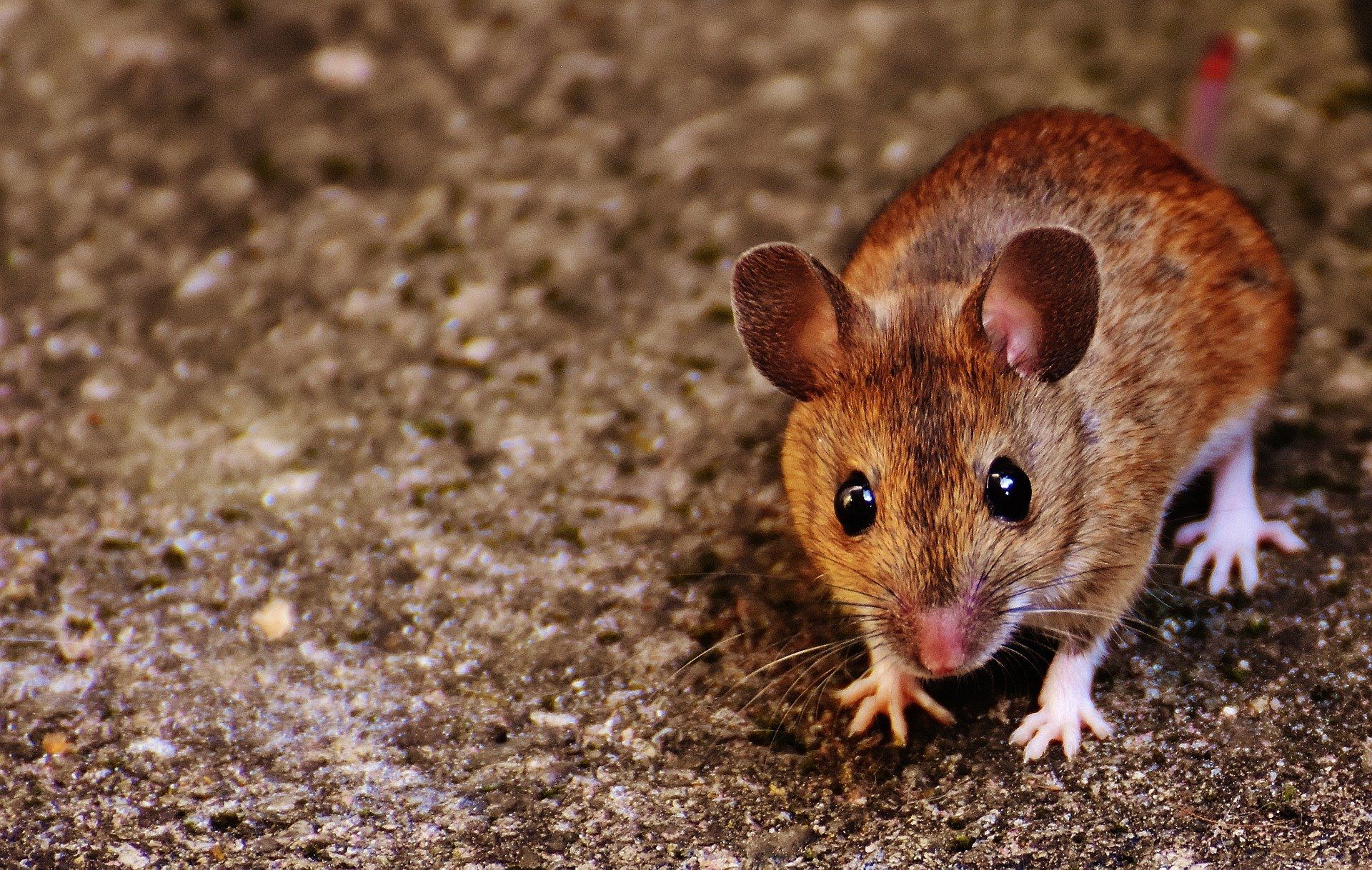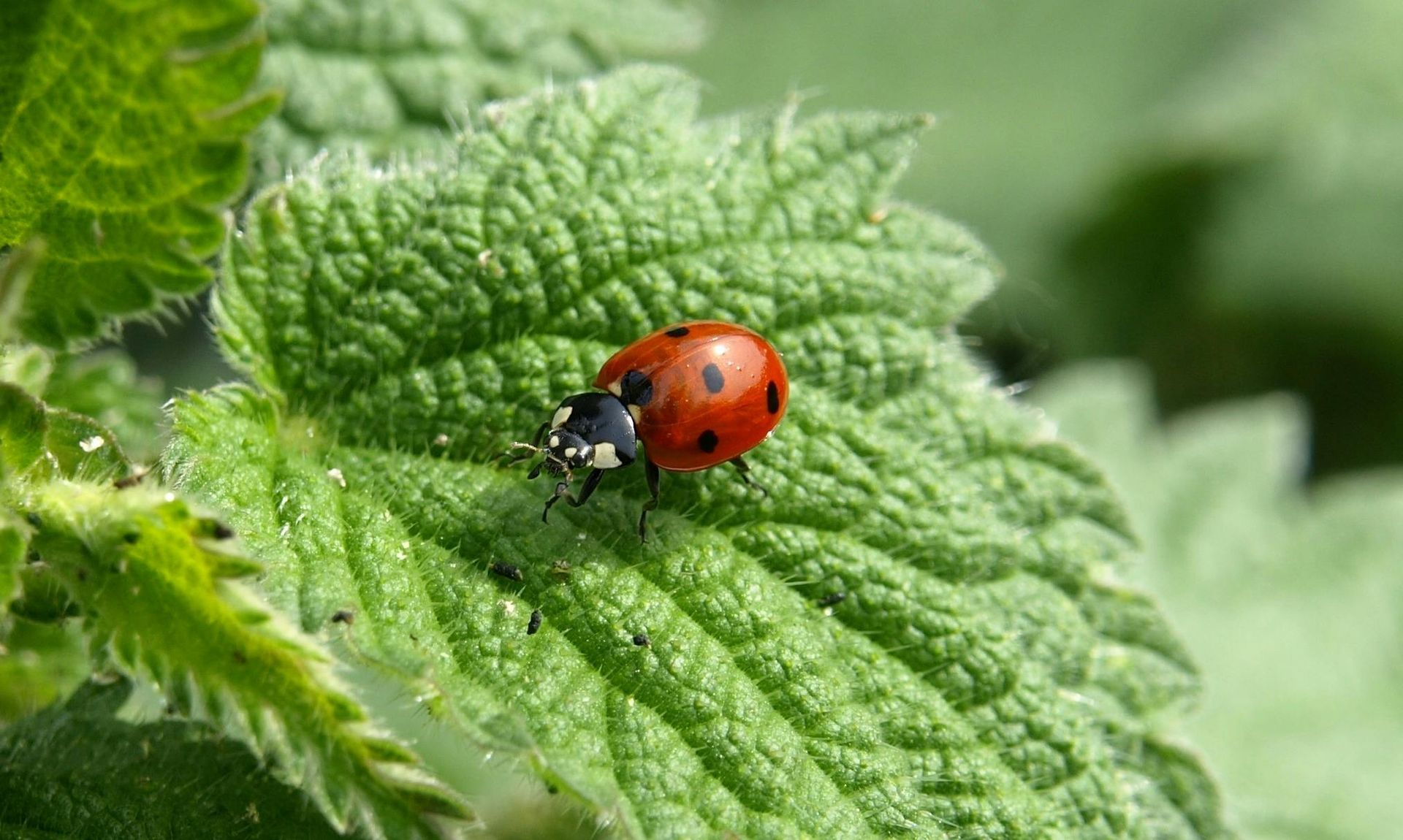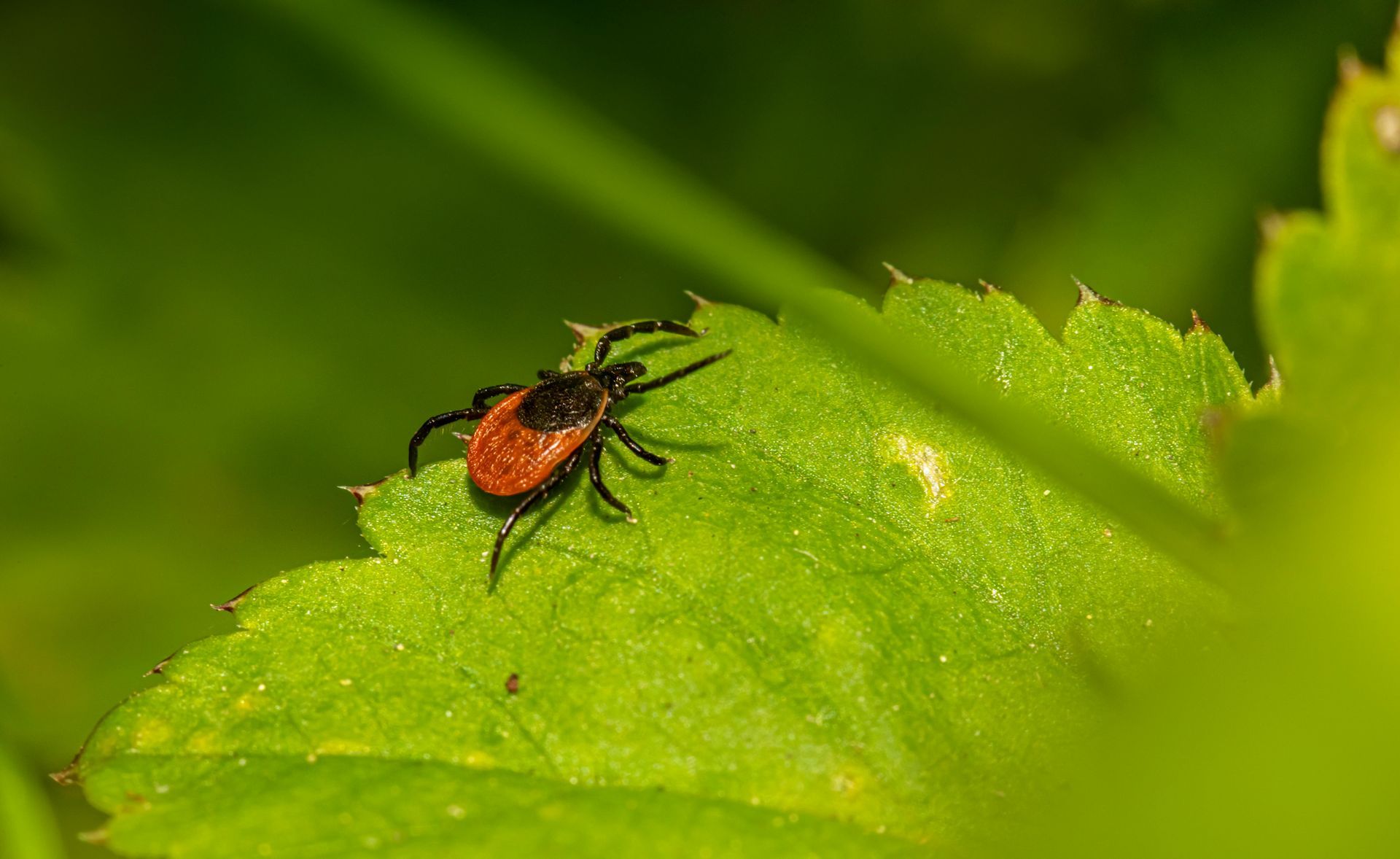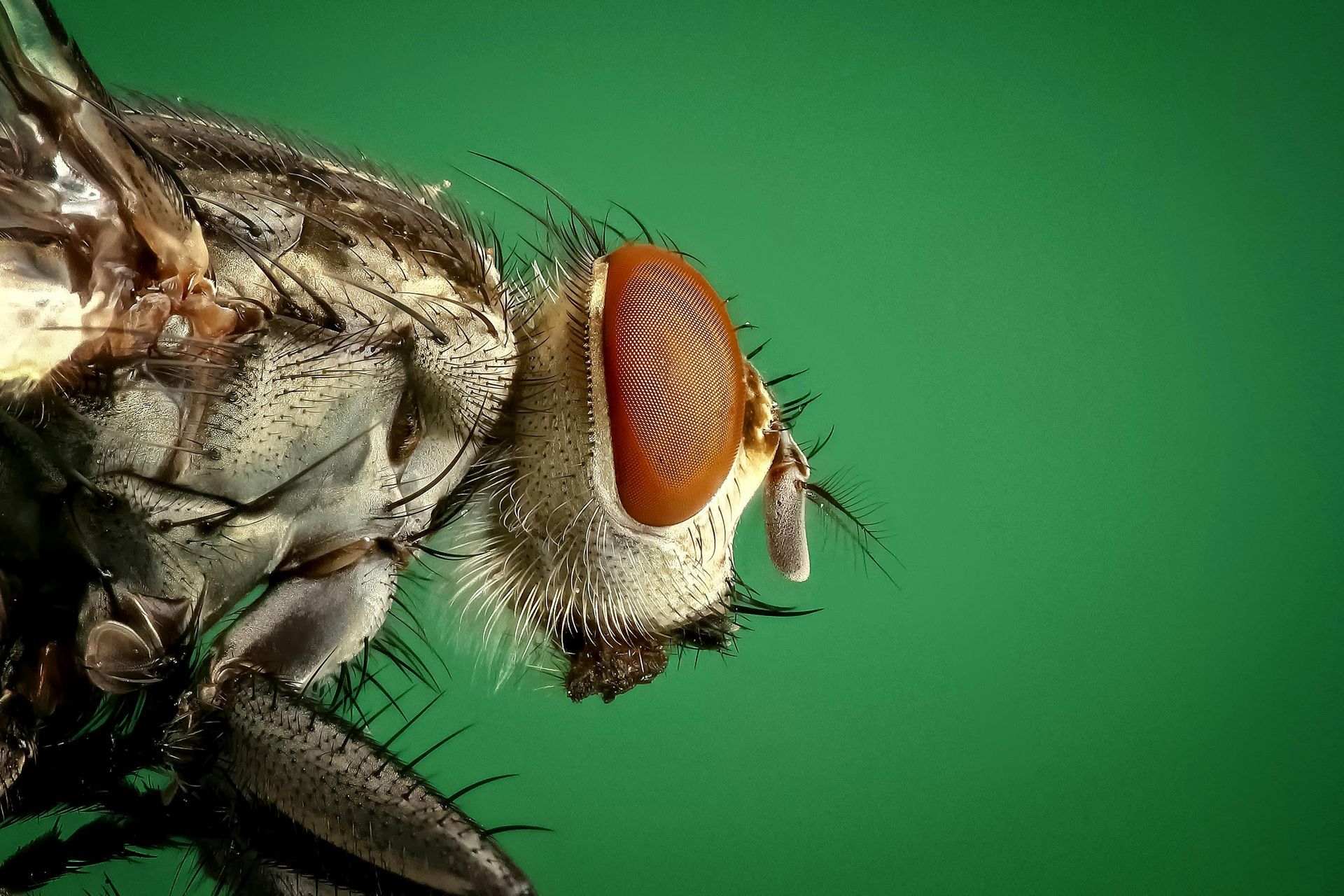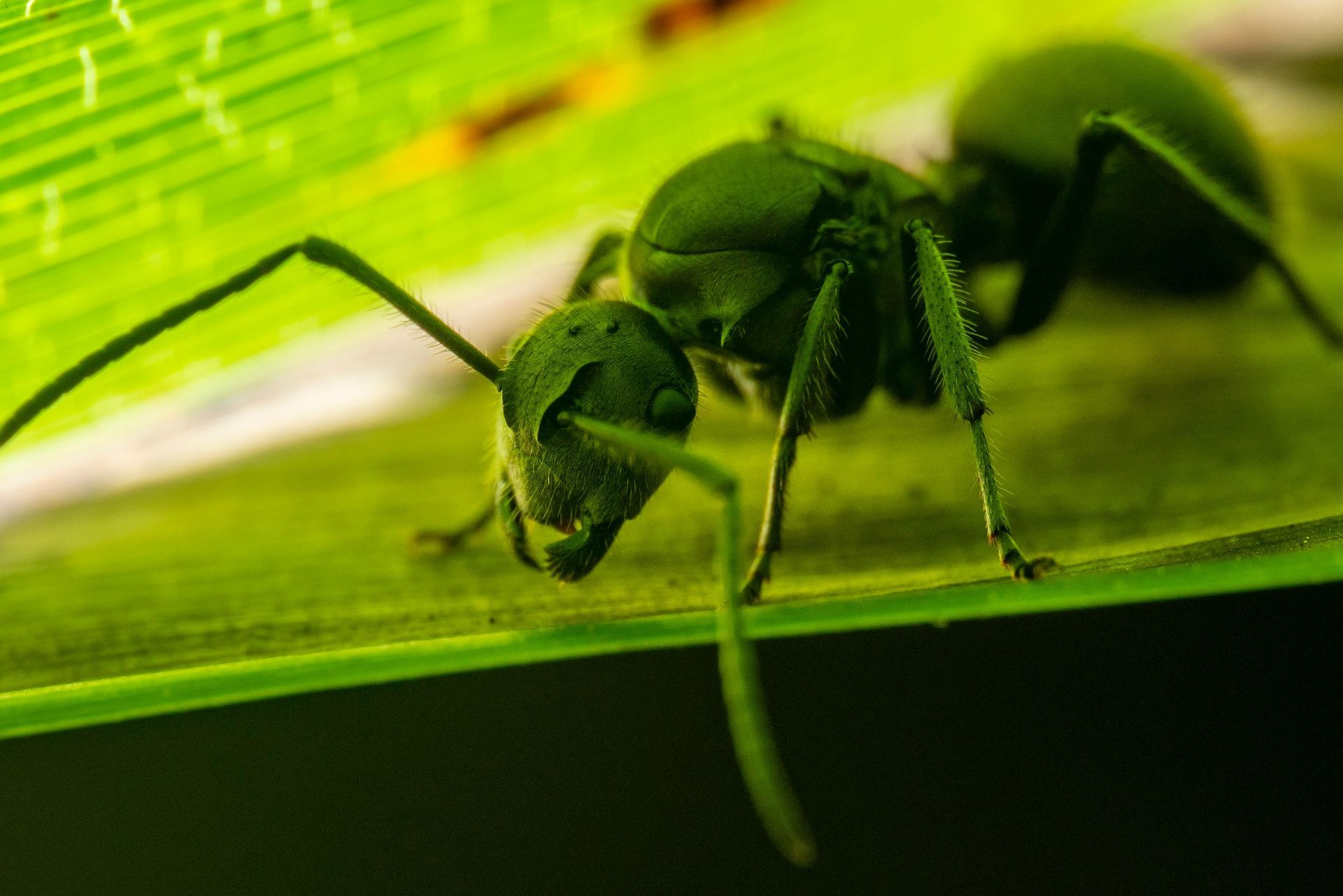Some Interesting Facts About Skunks
and Advice on How to Keep Skunks Out of Your Yard
If only skunks were as fun up close as Pepé Le Pew, the anthropomorphic skunk who was well-known as the love interest of the classic Looney Tunes' character, Penelope Pussycat. Though these black and white furry critters are quite smelly, in most cases, they may pass through your yard and you will have no idea that they were there.
It is important, however, to understand some interesting facts about skunks, and to know what to do if they do cause issues in your yard.
5 quick facts about skunks
- Skunks are carnivores - This means that it is not likely that they are trying to go after your plants and shrubbery, unlike some other yard pests. Skunks feed on insects and bugs during the spring and summer, and other small animals (some that do like to cause damage to your yard) in the fall and winter. This means that they don’t often enjoy berries or leaves in the fall. They will, on the other hand, snack on your garbage if it isn’t in a well-sealed container.
- Their stinky spray is a warning. The skunk uses those noxious musky fumes as a self-defense mechanism, and not as an offensive measure. That organic sulfur-compound that they eject from the two tiny glands is intended to make predators stay away, thinking that the skunk would not be a tasty treat.
- They use their spray as a final resort. Like most humans, skunks prefer to avoid conflict. So, they will tend to choose flight instead of fight. If they do feel threatened though, they will often hiss or growl, stamp their feet and then walk backward, raising their tail over their head to display their smelly bits before they actually eject.
- It takes 10 to 12 days to replenish their musk. Skunks want to keep themselves safe, and they know that if they eject their musk, then it will be almost two weeks before they can do so again, For a skunk, this could mean the difference between life and death.
- Skunks are not difficult to keep away. Skunks are nocturnal animals who generally avoid conflict. Homeowners and property owners that use motion-activated lights and sprinklers will likely keep skunks out of the garden or yard. And, if extra steps are taken to seal small openings that might be present under your deck, shed or any other area that a skunk could view as a place to make a den and grab some shut-eye, those efforts will likely be rewarded and skunks will stay away. Augment your skunk repelling strategy with all natural Shake-Away Skunk Repellent.
If, however, your yard’s personal Pepé Le Pew is a bit more pesky and stubborn, then you may need to take some extra steps to keep him away. Many property owners use chocolate, which is poisonous to skunks. It will kill them if they eat enough of it though, so be sure to understand that you risk killing the skunk, vs. just repelling it and keeping it away. This can also be dangerous if you have other pets, and can actually be a lucrative attractor to other pesky animals. So, if you do want to try this approach, simply set out some random pieces of chocolate around your yard and the exterior of your home, or anywhere skunks seem to frequent, and it might make them sick enough to stay away.
Since skunks really are just trying to get along in the world, the use of an all-natural repellent might be the better way to go. Skunks, like most animals, have an instinctive fear of predators, and predator urine makes for a pretty effective deterrent.
For a skunk, their most feared predator is the fox. Using a granular form of shakeable fox urine in the areas that tend to be frequented by Pepé and his friends, means that before long, they’ll be finding a new place to build their den and enjoy their life. This then means less Pepé and stink for you and your yard.
Critter Repellent All Natural Animal Repellent Blog
